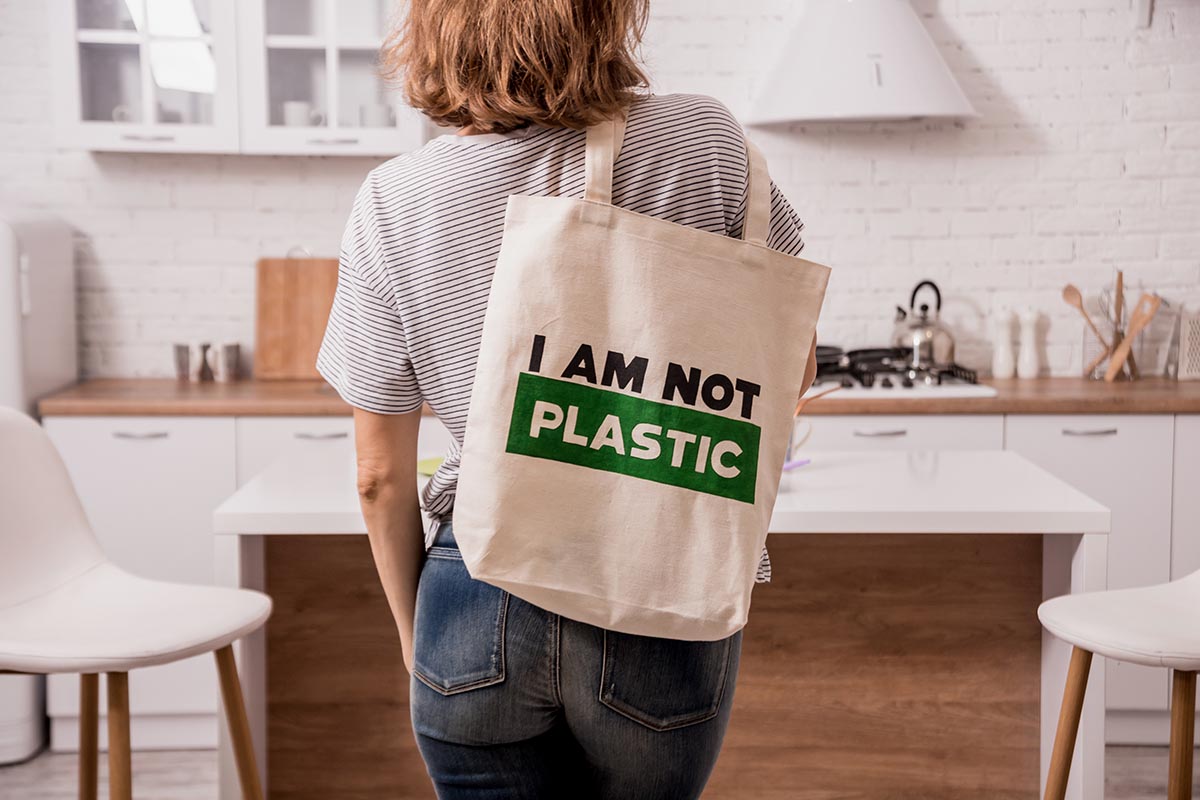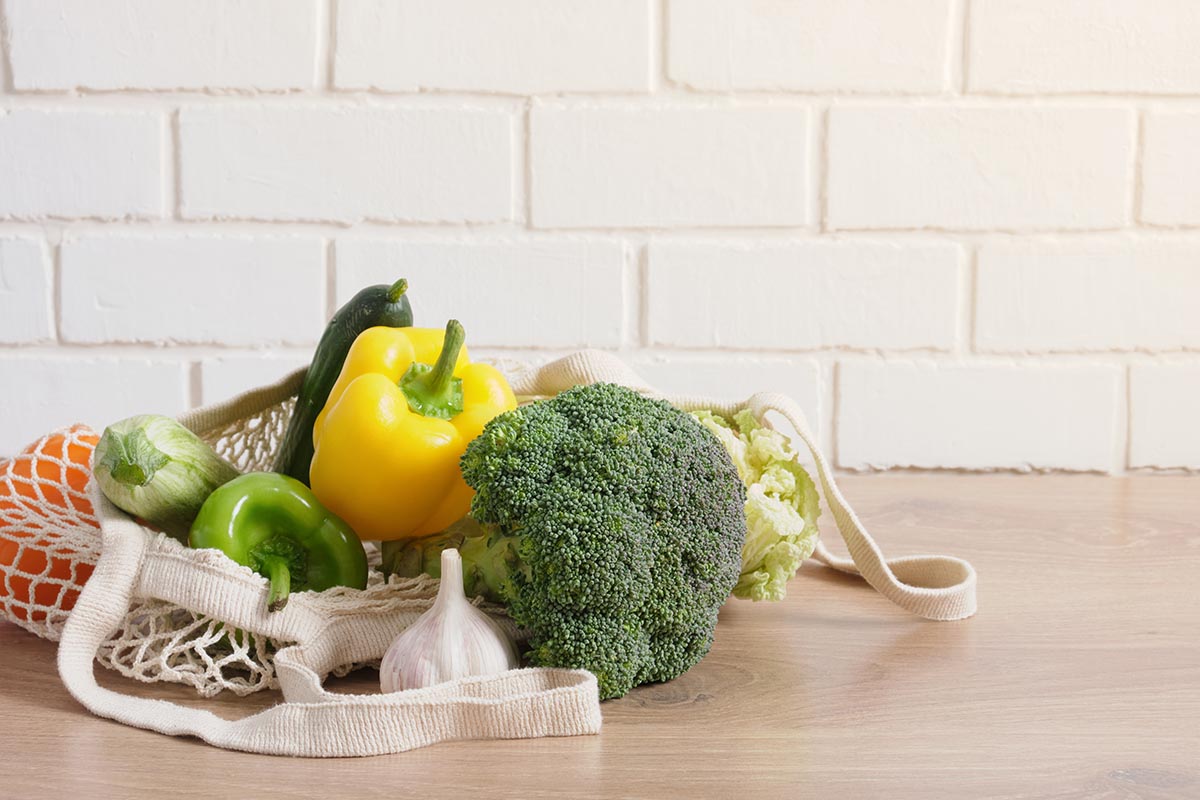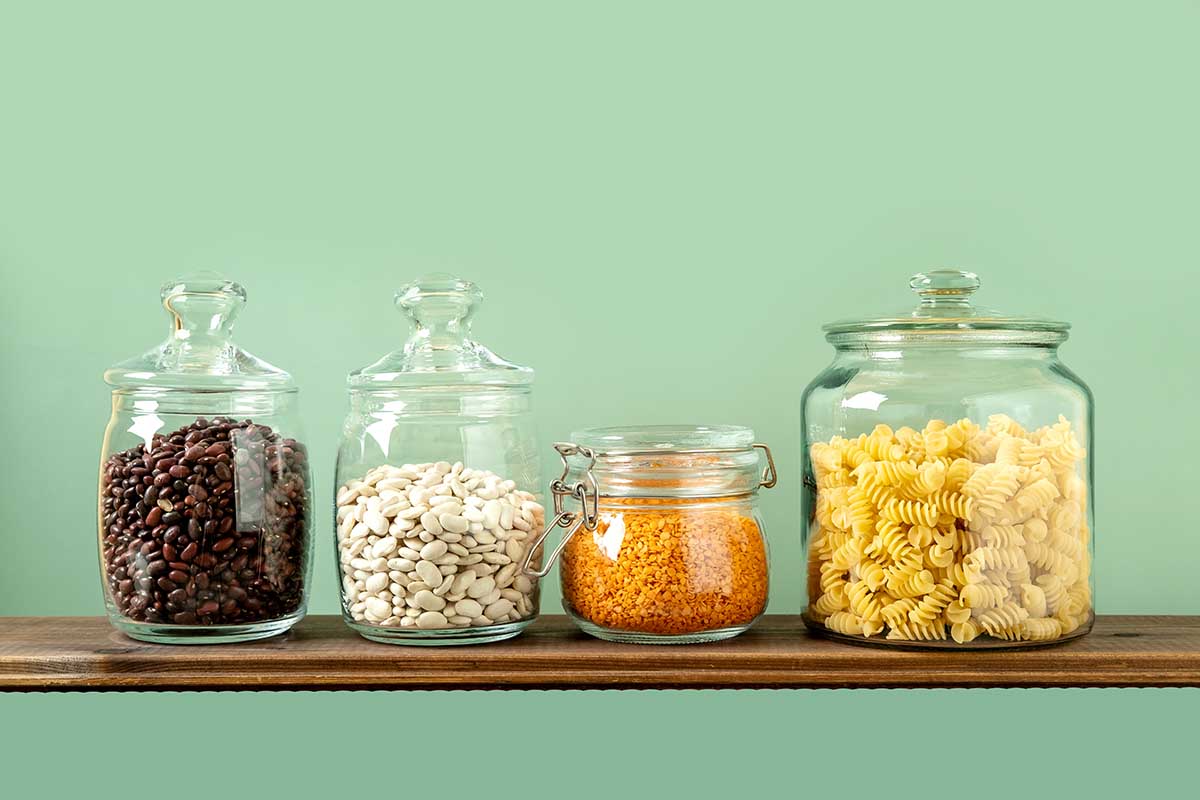Reduce Food Waste In 4 Simple Steps
In today’s world, food waste is a major problem. More and more food is disposed of before it has even gone bad. Besides this being a waste of money, it also has major environmental consequences and food waste can furthermore affect our health. The truth is that, when food is disposed of, it ends up in landfills. Unlike other consumer goods, foods rot after they are thrown away and, during this rotting process, they produce methane gas. Although this gas itself is not toxic, it is extremely flammable. Due to this, landfills that are used to dispose of food are dangerous areas with explosion risks.
This is, however, not the end of the story. Besides the fact that methane gas is dangerous and can explode, it is furthermore very bad for the environment. The methane gas that is produced by rotting food is a major contributor to environmental change and global warming. As such, we should all think twice about the consequences before throwing away our leftover foods.
Below, we have listed down 4 simple and useful tips that will help you to reduce food waste. By following these steps, you’ll be able to significantly reduce the carbon footprint of you and your family. Some of these steps may not only help you to save food, but also money!
Reduce food waste: only buy what you need
It happens more and more often; we go to the store and end up buying something that we did not initially plan on buying. This is no surprise, given the fact that stores are filled with items that we do not need but sometimes simply are too delicious not to bring home. This is why we advise you to make a shopping list before going to the store and to strictly stick to this list.
When you’re at home, make sure to check all your kitchen drawers and closets, the fridge, and your freezer to check what items you still have at home. You are likely realizing that you still have plenty of items lying around that need to be finished before buying anything new.
So, make sure to use these first and write down items on your shopping list that you need to make foods based on the items you still have at home. After your shopping list is finished and you’re going out shopping, remember to stick to the list! Make sure that you won’t buy any items that are not on the list because chances are high that you won’t be able to finish them before your other foods go bad.
Do not throw leftovers away
When it comes to leftover foods, whether it’s yesterday’s dinner or food items that are slightly overdate, people tend to dispose of them way too easily. Food that is leftover from your dinner does not have to be thrown away. Food can stay fresh for several days in the fridge and even for a couple of weeks in the freezer. As such, make sure to save your leftovers. Fresh foods can be easily kept in a glass jar whereas fresh fruit drinks and sauces can be kept in glass bottles or inside aluminum tin containers. Yesterday’s dinner can be today’s snack!
Also when it comes to fresh foods, we often tend to throw away edibles way too quickly. Sure, we all know that every food has an expiration date, however, we do not have to follow them that strictly. The truth is that the sell-by-date is only used by shops as a guideline on when to stop selling this good. In reality, however, foods are often good for days if not weeks after this date has passed.
So, instead of blindly following this date, use your common sense. If your food still looks and smells fresh, there is no reason to throw it away. And even when certain fresh foods have lost their color or taste slightly, we can still use them for other purposes. Overripe vegetables, for example, are great for soups and meat pies and fruits can be used for making a delicious smoothie.
Use reusable containers and bottles
The main reason why many foods are thrown away lies in the fact that we have kept them for too long in our fridge. As a result, the foods have gone stale or bad. This often happens to fresh foods because these do not come in a reusable package. As such, we tend to eat from it only once and then simply throw the leftovers away since we already know the product can’t be kept for too long. This is why we always recommend you to use your food containers and bottles to store products in the fridge.
Simply use the amount that’s needed after opening the original packaging, and store the leftovers in your reusable jar or bottle that is airtight. This allows you to keep your foods fresh for a much longer period when stored away in your fridge. For foods, we’d recommend the use of airtight glass jars as these are food-safe and BPA-free. For drinks and sauces, we’d recommend you to stay away from plastic and to use glass or aluminum bottles instead. Not only are these better for your health, but also the environment.
Reduce food waste: change your recipes
Nowadays, most foods are sold in large portions. As such, it’s no surprise that, when we cook, we have plenty of food that can feed several people. This may be useful for families, however, it can be very inconvenient for people who live alone.
As such, we’d recommend you adjust your recipes in such a way that you only cook what you need. Modifying any recipe is simple but just remember that you have to adjust your shopping list accordingly as well so you won’t end up with too many ingredients. When you’re eating, keep your servings small and only refill when you’re still hungry. Remember, it’s better to have some leftovers in the pot that can be reused the next day than to have them on your plate, which means it will most likely end up in the trash.





















